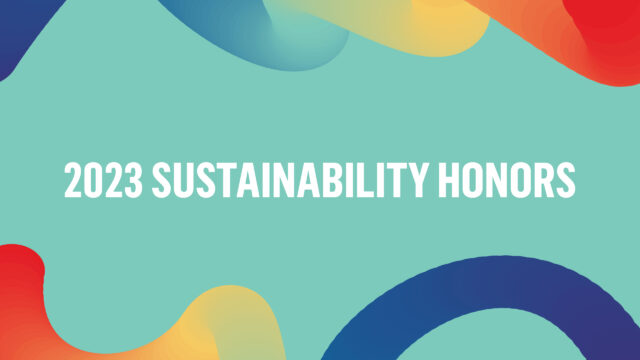Transforming your ad sales process just got a lot easier. Learn how to extract more value for existing technology and ultimately drive revenue, ratings and retention in Slack’s new white paper.
After decades of working on sustainability with heavy industries, I’ve had the pleasure of taking a deep dive into the advertising sector over the past 18 months. While I was initially surprised that an issue as well established as climate was new to the sector, I’ve been very impressed with the seriousness with which many leading ad companies have been taking concrete action.
They are joining the rest of the world, particularly in creating and verifying their greenhouse gas emissions inventories, setting science-based net zero targets, taking steps to reduce emissions and offsetting the remaining emissions with carbon removal project investments.
Excitingly, in addition to reducing their own emissions, the advertising industry plays a uniquely important role by influencing behaviors aligned with climate action around the globe. But the kryptonite to this superpower takes the form of confusion, opportunism and lack of coordinated action.
The good news is that there has been a flurry of activity and sincere interest in addressing climate, starting with the creation of Ad Net Zero in November 2020, initially focused on the U.K. then raising awareness globally, and recently creating a U.S. chapter in February 2023. Their five-point action plan starts with having every ad company inventory and report their greenhouse gas emissions and setting science-based targets to achieve net zero.
Similar to the life cycle assessment approach that most brands use to understand and reduce their environmental impacts, the Action Plan also addresses emissions from ad production (in partnership with AdGreen) and from the distribution and display of ads (in partnership with WFA’s Global Alliance for Responsible Media). These important efforts are being supported and complemented by other key advertising associations including IAB Tech Lab, Prebid, ANA and the 4As.
While there clearly is great potential for the ad sector to help all of us take meaningful climate action, there are a number of perils that can jeopardize these important and necessary changes. There has been widespread confusion about climate terms (e.g., carbon neutral versus net zero), unsubstantiated claims and competing ways of estimating carbon emissions, leading to a Tower of Babel situation that can undermine the trust essential for key stakeholders, some of whom may write off these efforts as greenwashing.


